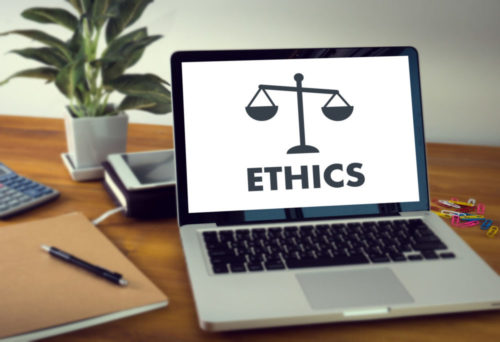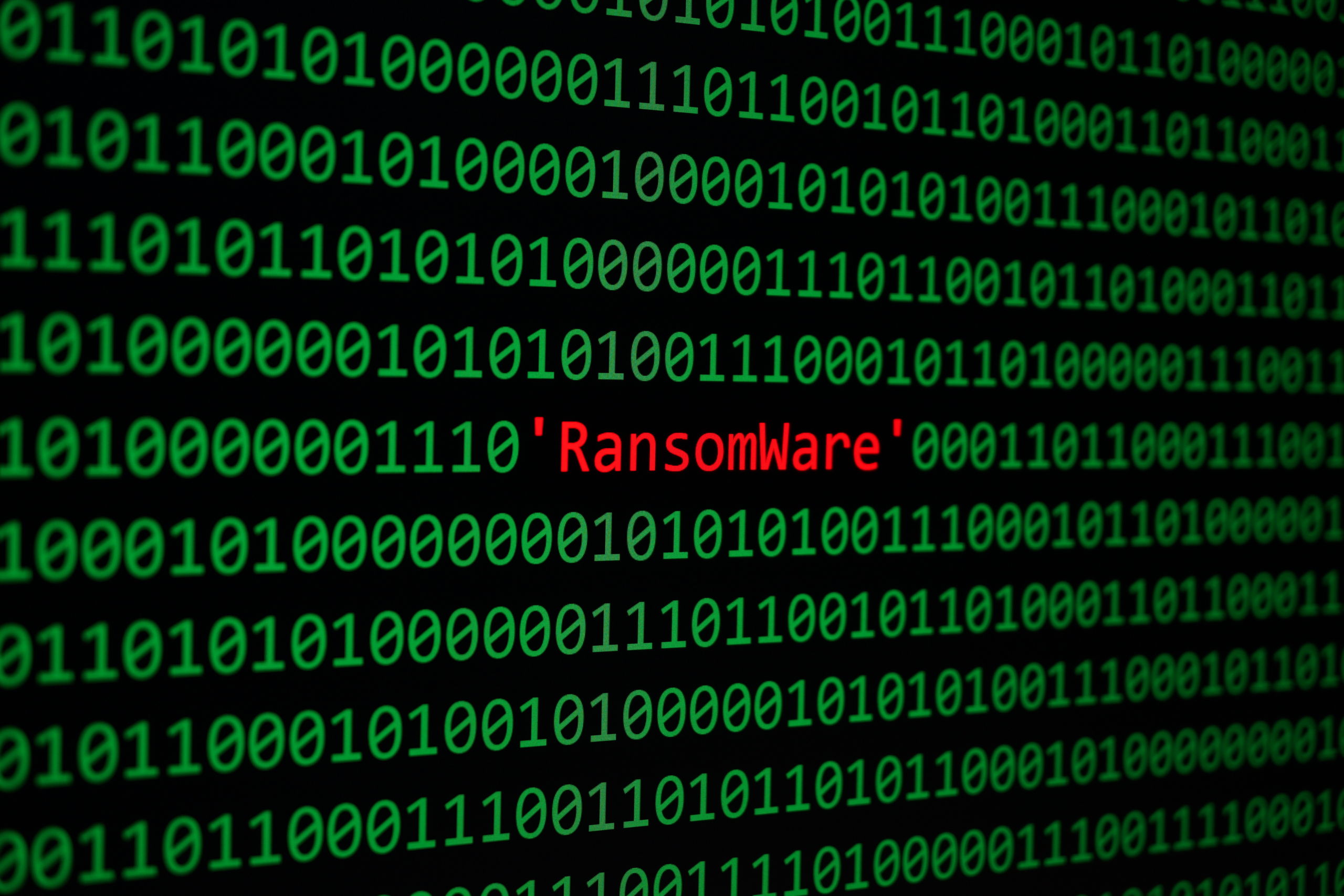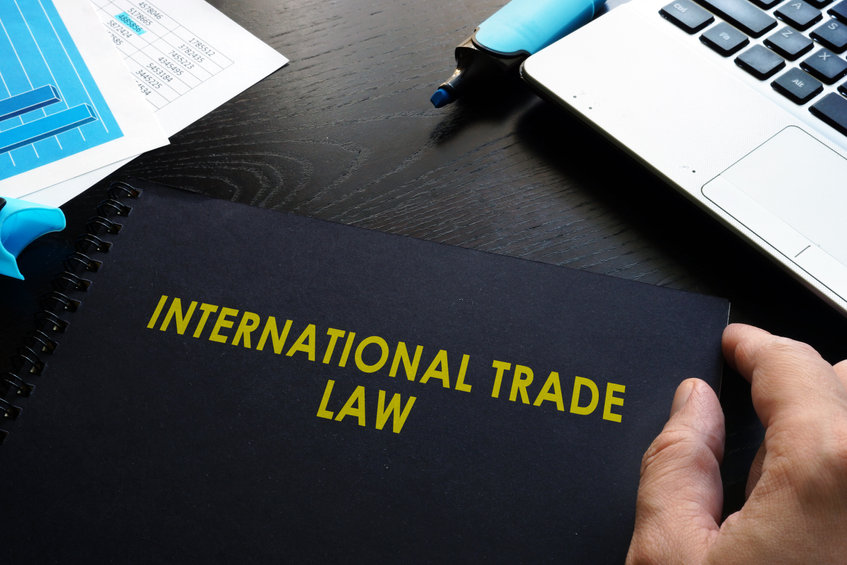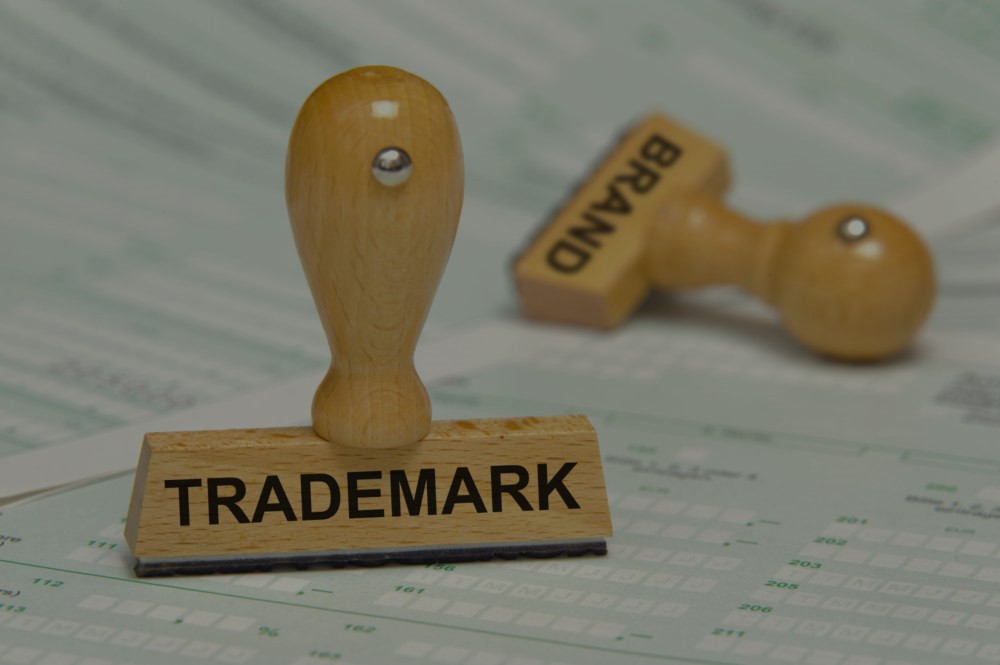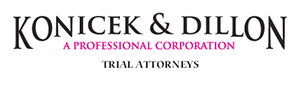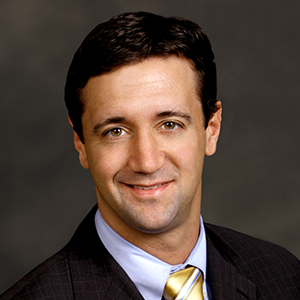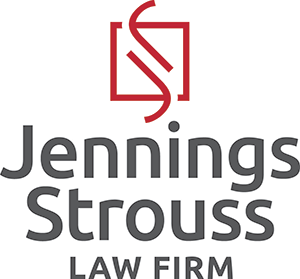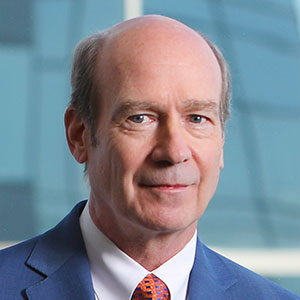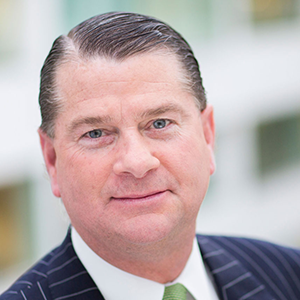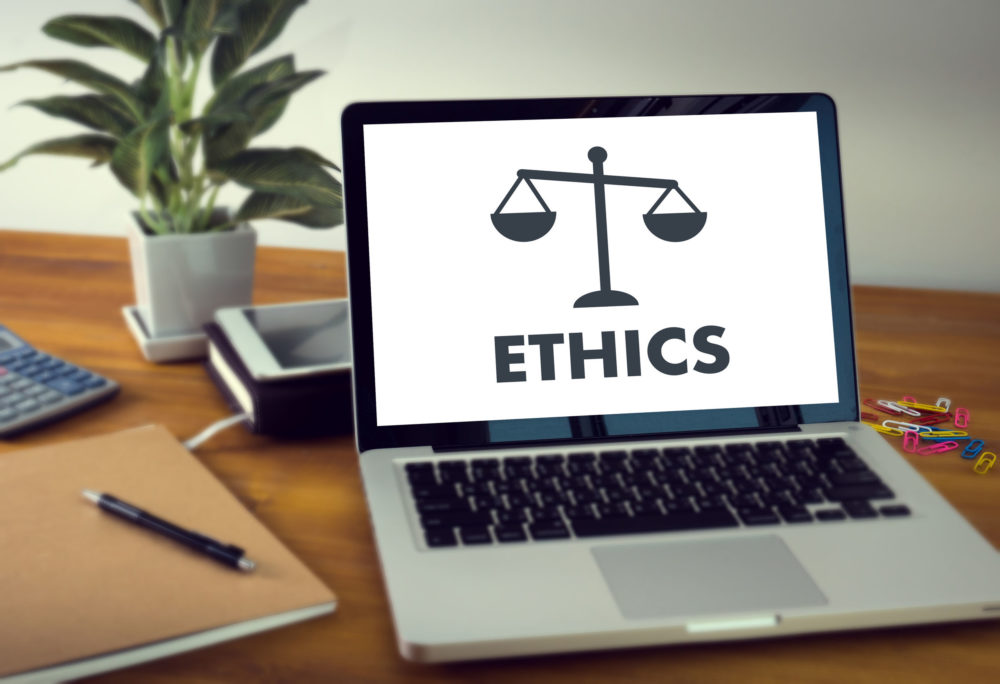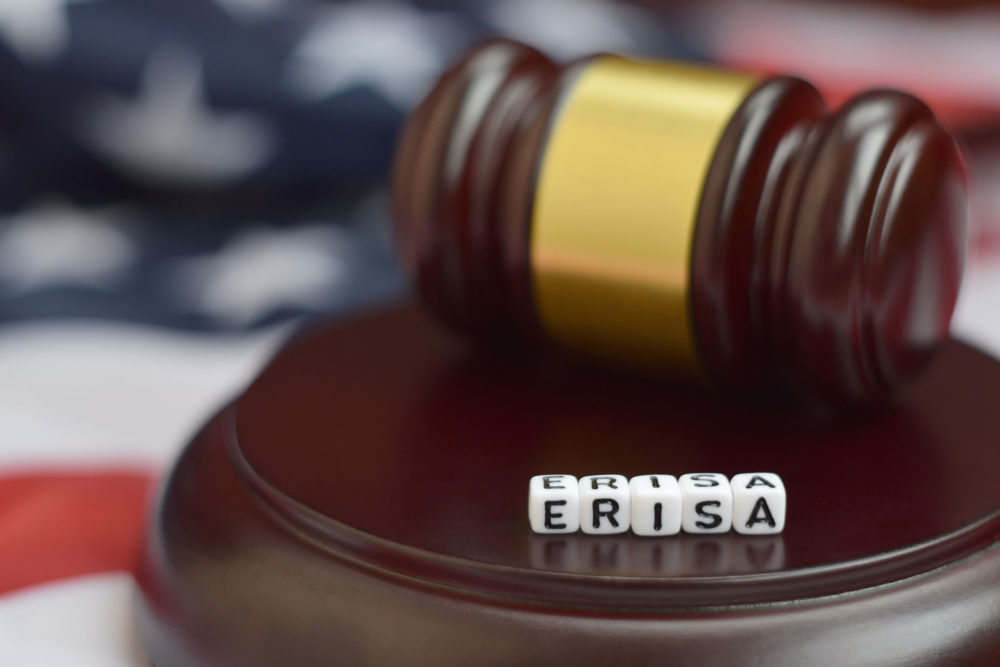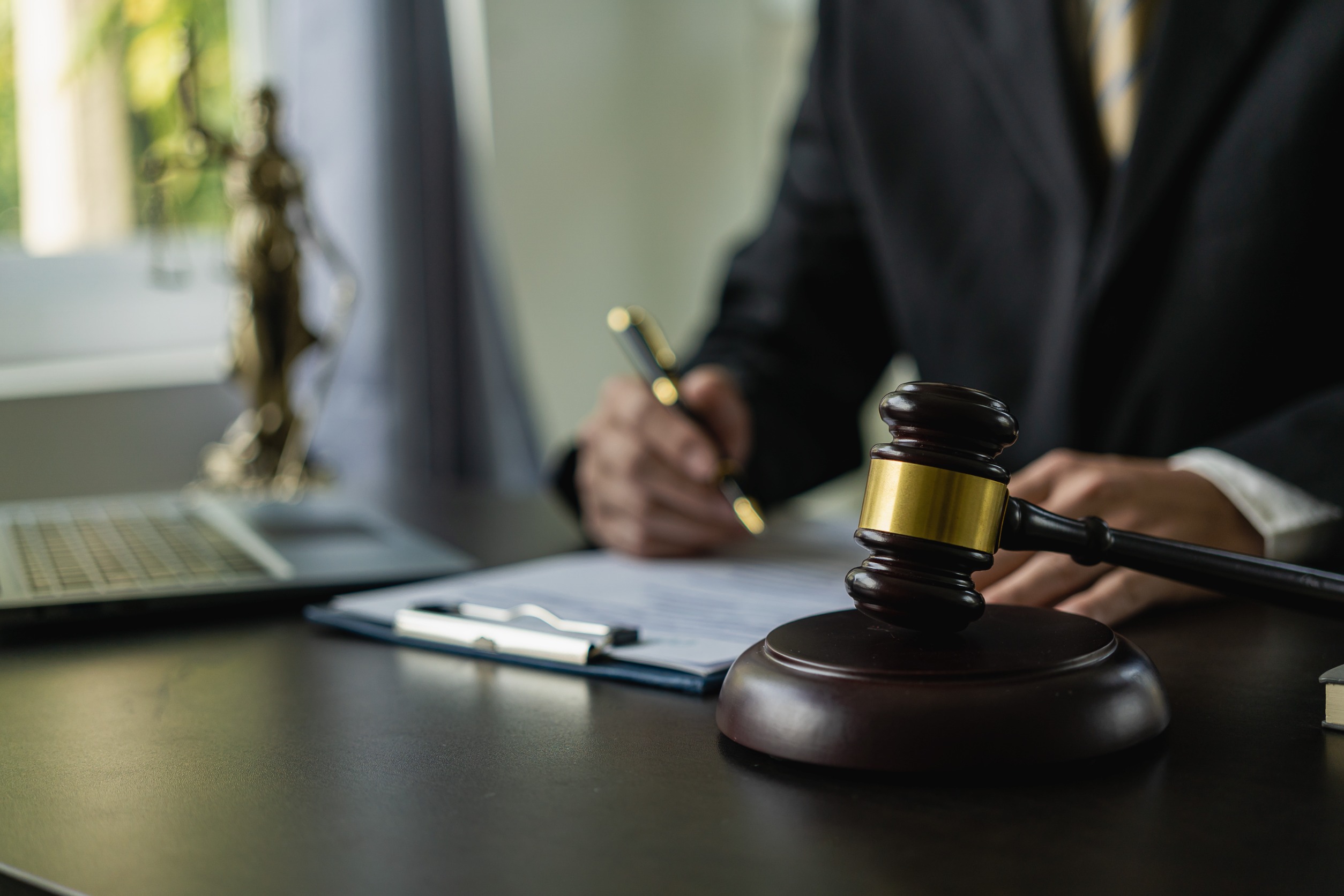Broadcast Date: Wednesday, May 20, 2020
from 12:00 pm to 2:00 pm (ET)
Overview:
The Standing Committee on Ethics and Professional Responsibility of the American Bar Association (ABA) recently released a new guideline addressing the ethical obligations of lawyers who are switching firms to ensure that legal services are duly provided to clients especially during the transition period. This helps the firm and the leaving lawyer to meet halfway while protecting the clients’ interests. The move further emphasizes the need to uphold integrity and accountability among legal professionals.
In this LIVE Webcast, a seasoned panel of thought leaders and professionals brought together by The Knowledge Group will provide the audience with an in-depth discussion of the ethical obligations required of a lawyer. Speakers will analyze the recently released guidelines along with other significant developments to stay compliant in this dynamic legal climate.
Some of the major topics that will be covered in this course are:
- Ethics Guide for Lawyers – Trends and Developments
- Overview of Formal Opinion 489
- Issues and Challenges
- Best Practices
- Outlook
Credit:
Course Level:
Intermediate
Advance Preparation:
Print and review course materials
Method of Presentation:
On-demand Webcast (CLE)
Prerequisite:
None
Course Code:
148703
NY Category of CLE Credit:
Ethics and Professionalism
Total Credits:
2.0 CLE
How to Claim CLE Credits Per State:
https://knowledgewebcasts.com/how-to-claim-cle-credits-per-state/
CLE State Requirements:
https://knowledgewebcasts.com/cle-state-requirements/
CPE State Requirements:
Speaker Panel:
Amir Tahmassebi, Partner
Konicek & Dillon, P.C.
Amir R. Tahmassebi is currently a partner at Konicek & Dillon and concentrates his practice in the areas of professional negligence, legal ethics, commercial litigation, casualty and sports law. He has successfully defended and prosecuted numerous lawyers, accountants, architects and engineers throughout the nation and has tried dozens of cases to verdict. Mr. Tahmassebi has successfully handled legal malpractice cases on a wide range of issues and recently obtained a defense verdict in a legal malpractice case seeking over ten million in damages. He has represented attorneys, accountants and other professionals in civil and administrative hearings before the Attorney Disciplinary Commission and Department of Professional Regulation. Mr. Tahmassebi has a handled and tried cases throughout the nation in both federal and state courts in Illinois, Indiana, Florida, New York, Wisconsin and California. Mr. Tahmassebi also represents a number of well-known professional athletes, including NFL and PGA professionals, in various matters such as litigation and contract negotiations.
Mr. Tahmassebi is currently a co-chair of the Chicago Bar Associations Committee for Professional Responsibility as well as a member of the Chicago Bar Association’s Judicial Evaluation Committee. He regularly speaks on legal ethics and how to avoid legal malpractice. Mr. Tahmassebi has been honored in the 2012-2019 Super Lawyers Publication in the area of legal malpractice.
J. Scott Rhodes, Chair, Legal Ethics / General Counsel
Jennings, Strouss & Salmon, P.L.C.
Mr. Rhodes regularly serves as an expert witness and advises attorneys and law firms in matters relating to State Bar complaints, legal malpractice, fee disputes, disciplinary matters, bar admission, and other licensing, ethics, and professional responsibility matters. In addition, Mr. Rhodes currently serves as the firm’s General Counsel and previously held the position of Managing Attorney.
Mr. Rhodes was named Phoenix “Lawyer of the Year” for Legal Malpractice Law – Defendants in 2019, Phoenix “Lawyer of the Year” for Ethics and Professional Responsibility Law in 2013, 2018, and 2020 and Phoenix “Lawyer of the Year” for Administrative Law in 2011 by The Best Lawyers in America®. The State Bar of Arizona selected Mr. Rhodes for the 2010 Member of the Year Award. Mr. Rhodes is AV® Preeminent™ Peer Review Rated by Martindale Hubbell and has been listed in The Best Lawyers in America in the categories of Administrative/Regulatory Law, Arbitration, Ethics, and Professional Responsibility Law, Legal Malpractice Law-Defendants, Litigation-Municipal, Mediation, and Municipal Law from 2009 through 2018. Under Mr. Rhodes’ leadership, Jennings Strouss ranked #1 in the United States in Ethics and Professional Responsibility Law by The Best Lawyers in America® 2010, and #1 in Arizona in 2011.
William E. Gericke, Member
Cozen O'Connor
William E. Gericke is a partner at Cozen O’Connor and practices in the Firm’s Legal Profession Services group. Mr. Gericke is a veteran trial lawyer and his practice focuses on representing lawyers and law firms in federal and state courts and disciplinary agencies in actions for civil liability, in professional ethics and responsibility matters, and in risk management. He has successfully tried cases in state and federal courts throughout the Northeast and Mid-Atlantic regions. Mr. Gericke’s extensive experience as a trial lawyer combined with his concentration in the law governing the liabilities and responsibilities of lawyers enables him to both counsel and protect his lawyer and law firm clients in the challenging environment of legal practice.
Agenda:
Amir Tahmassebi, Partner
Konicek & Dillon, P.C.
- The Ethical Foundation: ABA Rules of Professional Conduct 1.1, 1.3 and 1.4. Rules of professional conduct from the American Bar Association and the comments are simple and intuitive but ultimately provide a good foundation for ethical practice.
- Duties to the Client: It is important to remember to whom your fiduciary duty is owed. Discussion of the duty to the client not their/its insurer in many jurisdictions. It is the ethical and legal obligation of a lawyer selected by an insurer to protect the interests of the insured in the defense of a tort claim, separate and distinct from the insurer's duty to inform the insured of its position, and is not waived by mere acquiescence to the conduct of the insurer. R.C. Wegman Construction Company v. Admiral Insurance Company, 629 F.3d 724, 729 (7th Cir. 2011). A lawyer “remains bound, ...both ethically and legally, to protect the interests of the insured in the defense of the tort claim. The latter obligation is separate and distinct from the insurer's duty to inform the insured of its position, and is not waived, as defendant's argument suggests, by mere acquiescence to the conduct of the insurer.” Cowan v. Ins. Co. of North America, 22 Ill.App.3d 883, 318 N.E.2d 315, 326 (1st. Dist. 1974).
- Simple Ways to Practice Ethically and Avoid Legal Malpractice: Discussion and examples of the importance of informed consent and communication. What does the client need to know? The Professional Judgment Rule is alive and well in most jurisdictions, but the lawyer’s strategy generally must comply with state law and the lawyer should inform the client of the strategy decisions. See, e.g. Bowman v. Gruel Mills Nims & Pylman, LLP, 2007 WL 1203580 (W.D. Mich. April 24, 2007).
- Confidential Information and Cybersecurity: Explanation of the difference between the Duty of Confidentiality vs. Attorney-Client Privilege. Discussion regarding our obligations in to keep protect client information in an ever advancing technological practice. Examples of malpractice claims that can arise for failure to protect client information.
J. Scott Rhodes, Chair, Legal Ethics / General Counsel
Jennings, Strouss & Salmon, P.L.C.
- Refresher on the difference between the Duty of Confidentiality and the Attorney-Client Privilege:
- Confidentiality under MR 1.6 pertains to any information from any source that relates to the representation. The attorney-client privilege is much narrower than the duty of confidentiality. We will review the parameters of the differences between them.
- Confidentiality and Privilege in the Digital Age
- Because breaches of confidentiality, or waiver of the attorney-client privilege, can occur through inadvertent disclosure to third parties, the legal profession has long been concerned about dangers inherent in communication through various technological means. Yet the legal profession cannot eschew the advantages of technology. One key area of concern in regard to technology has been security. How certain can we be that our communications are secure? The same concern applies to digital storage of information, especially with the growth of cloud-based digital storage. As security measures have improved, the parameters of acceptable use of technology in the legal field has also expanded. We will discuss the evolution of standards pertaining to confidentiality and privilege in the digital age.
- Possible fodder for malpractice claims:
- Intentional or grossly negligent breaches of the duty of confidentiality have always been ripe ground for allegations of the breach of fiduciary duty in malpractice actions. With many lawyers now communicating with clients through “virtual” means, including digital video meeting places such as Zoom, there are well-publicized confidentiality concerns about such platforms. Are those publicized concerns enough to establish a new, or heightened, standard of care pertaining to “virtual” client communications? What if a lawyer has done reasonable research and made a professional determination about security? What if a lawyer carefully limits the subject matter of a “virtual” client communication to avoid discussion of highly sensitive information? To what extent does the standard of care now implicitly include training our clients about security concerns? Does the answer depend on the sophistication of the client? To what extent does, or should, the standard of care include a lawyer taking measures to protect their client against the client’s own potential mistakes?
William E. Gericke, Member Cozen O'Connor
- Outsourcing Legal Services
- Competence and Supervision. Lawyers have a duty to act competently in the representation of clients, and to ensure that those who are working under their supervision perform competently. To satisfy the duty of competence, a lawyer who outsources work must ensure that the tasks in question are delegated to individuals who possess the skills required to perform them, and that the individuals are appropriately supervised to ensure competent representation of the client.
- Preservation of Client Confidential Information. One of a lawyer’s core ethical duties, of course, is to safeguard her client’s information. Data security and the preservation of a client’s confidential information are the most serious ethical concerns with companies that provide outsourcing services.
- Conflicts of Interest. Ethics committees unanimously agree that law firms must guard against conflicts of interest when using outsourced providers. Lawyers must adhere to the strict and well-known rules governing conflicts of interest.
- Client Disclosure/Client Consent. Model Rule 1.6 prohibits an attorney from revealing information ‘‘relating to the representation of a client’’ absent informed consent or implied authorization from the client. The prevailing view is that an attorney must secure informed consent to release confidential information to an outsourced provider.
- Unauthorized Practice of Law. Model Rule 5.5 prohibits a lawyer from assisting in the unauthorized practice of law (“UPL”). To avoid aiding the unauthorized practice of law, the lawyer must at every step shoulder complete responsibility for the non-lawyer’s work
Date & Time:
Wednesday, May 20, 2020
12:00 pm to 2:00 pm (ET)
Who Should Attend:
- Lawyers
- Legal Assistants
- Paralegals
- Law Office Managers
Join Over 160,000 Professionals Empowering Their Careers
Learn anywhere from over 3000+ live and recorded CLE, CPE & Technology Webcasts.

